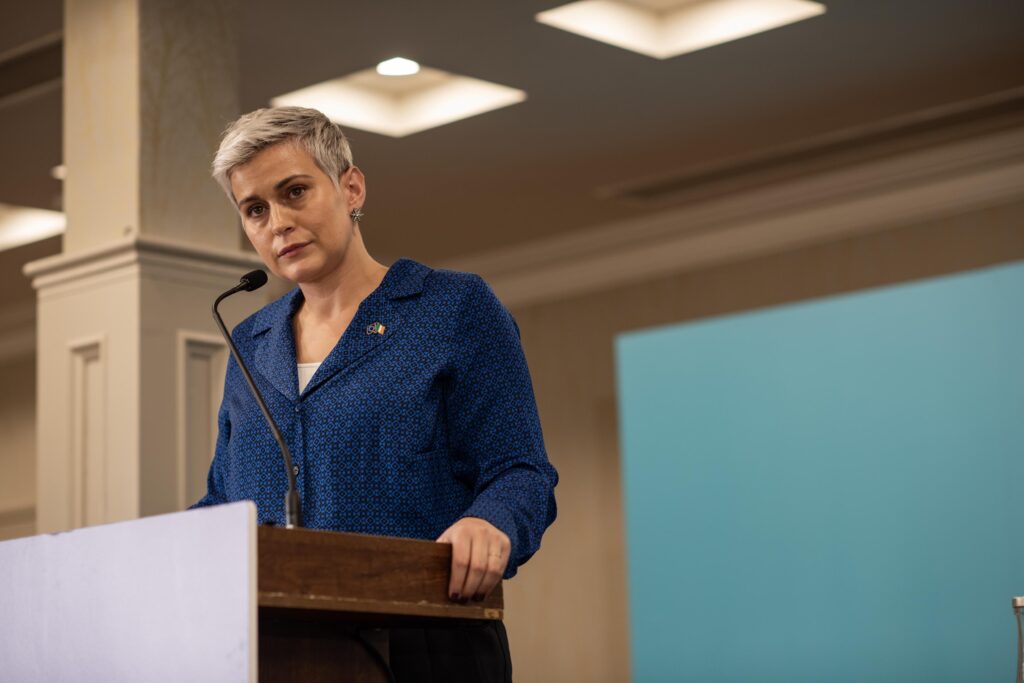
The final vote on the EU’s Anti-Trafficking Directive was passed by the European Parliament today and will help uncover the true extent of the human trafficking industry in Ireland, MEP Maria Walsh has said.
MEP Walsh was amongst a group of MEPs that wrote the Revision to the EU’s Anti-Trafficking Directive aimed at strengthening protections for victims of trafficking, and was the only Irish MEP involved in the work.
Data shows that over 10,000 victims of trafficking were registered in the EU in 2022, representing a 41% increase compared to 2021. Similarly to 2021, more than half of all the victims in the EU are women and girls (63%). 37% of the victims were EU nationals.
Maria Walsh, MEP for Midlands-North West, said:
“The current figures on victims in human trafficking are incredibly under-reported, leading to us knowing very little about this silent, but often lucrative, industry in Ireland.
“It is estimated that over 3,000 people are trafficked in and out of Ireland annually. Included in this figure are vulnerable children who are involved in the trade of drugs, as well as women who are victims of sexual exploitation. We also have to remember that off the back of these victims, some people are making an awful lot of money.
“While some may consider it a problem foreign to our shores, the reality is that the illegal and often violent trafficking of people is taking place in our local towns and villages.
“Under the new rules, Ireland will have a responsibility to collect data on trafficking to provide the European Commission with full reports on an annual basis. This should provide us with much more accurate statistics and thus the ability to properly quantify the magnitude of this hidden crime.
“The changes also mean that mandatory training for professionals who come into contact with victims of human trafficking will be introduced. Irish court staff, social service professionals and healthcare workers will all have to undergo training aimed at enabling them to identify, help and protect victims. Some organisations are already working with MECPATHS, but this training will now become obligatory.
“The Government has a two year lead-in window to implement the new changes under the Directive. During this time, they must prioritise the designing of training, investing in more front-life staff and ensuring we have an efficient and effective data collection system in place.
